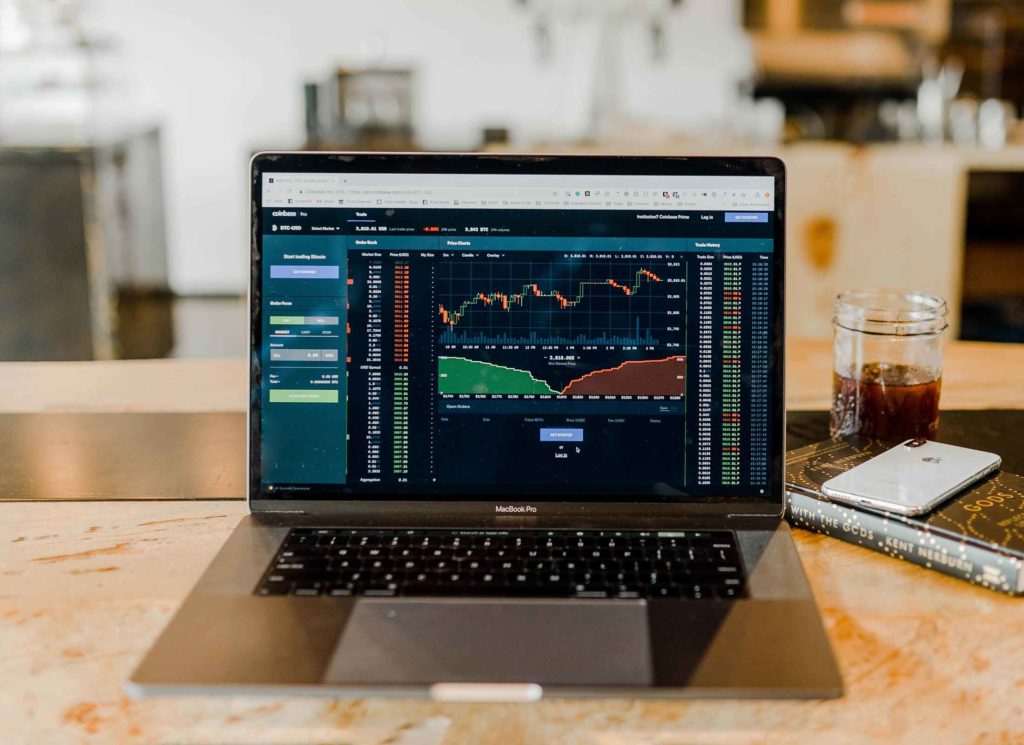
Zoom Out
“Why should I invest money in the market when it’s near all-time highs?”
– Too Many Investors, c. 2015, 2005, 1997, etc.
Don’t try to time the market is to investing as location, location, location is to real estate. Studies from Dalbar, Vanguard, and many others repeatedly show that when investors try to “get in” and “get out” based on whatever market- or non-market- indicator they choose, they under-perform their chosen benchmarks.
Markets are driven by two primal emotions: fear and greed.
As stocks go up, retail investors – after all, institutional investors are far too savvy (and computers far too…electronic) to get swept up in their emotions – get excited seeing others make money and eventually buy-in precisely at the wrong time. These are not quacks or even people who dispute the mantra above. Among this group of market timers are highly intelligent people using all sorts of logical (and illogical) methods of identifying opportunities by looking at everything from rolling 10 year price-to-earnings multiples, arbitrage opportunities, candlestick charts, correlations to full moons and monkeys on a plane; if you can imagine it, there’s likely someone charting it and drawing conclusions to inform their investing decisions.
But, you say, “I’m wondering whether it’s too late and more specifically, why should I invest now?” If you’ve been sitting on the sidelines waiting for a good opportunity to invest, you’re at least in good company. There’s still record amounts of cash on the sidelines, waiting for the right time to “get in.” That said, I have two words that can help you feel better about investing, regardless of the current market environment: Zoom Out! [prerequisite reading: my post on the 10 things you need to accept before investing]
Those without a disciplined investing strategy sold out in 2007 (or 1999 etc.,) and felt great as they watched their neighbors’ portfolios tank (after all, as long as you’re doing better than your neighbor…) Yet timing the market means you need to be right twice; knowing when to get out of the market, and also when to get back in (read When Batting .700 Isn’t Good Enough). Many who sold out and avoided a short-term, even if significant drop, never recovered and remain on the sidelines today, despite the market being at record highs. When a client asks me whether it’s time to sell, the first step is looking at where their portfolio is relative to their long-term (strategic) allocation and determining if it’s appropriate to reduce risk. Whether the market is at all-time highs or not only matters to the extent their portfolio has been pushed out of its long term weightings.
Zoom Out
Zooming out means taking a step back from the day to day market gyrations and news cycle. It means not worrying about whether a trade deal with China is reached, or how the situation in Venezuela is resolved. Zooming out means allocating your portfolio according to your measured risk tolerance and in line with your investing time frame. For retirees, this is done by psychologically (or in practice) creating separate accounts into buckets based on when a given bucket will be used.
The first bucket is for cash and similar instruments and is expected to be used over the next few years. The second bucket is for your 3-7 year money and typically holds fixed income instruments, and introduces some volatility into your portfolio. Finally, your long-term bucket holds equities and is money you don’t anticipate needing for 8 to 10 or more years. Knowing you won’t be touching this money for a decade or more makes it easier to watch (and ride out) the fluctuations without making investment decisions based on emotion.
Zooming out means that you can avoid the daily news cycle designed to stoke your emotions of fear, greed and the all-powerful FOMO (fear of missing out for those born before 1980). It means that with a tailored financial plan and disciplined investment strategy in place, you’ve earned the right to ignore what happens in the markets on any given day, week, month or even year.
So check your allocation and determine if it’s appropriate given your time horizon and risk tolerance. But don’t let news pundits, investment newsletters or cable news channels tell you it’s time to get out unless you have a strategy for when you’re going to get back in. Yes, we’re near all-time highs, but where will be in 2040 or 2060? I have no idea and anyone who does is probably not qualified to give you advice!
So zoom out and sleep well.

[…] is long enough and are “comfortable” with short-term, i.e., non-permanent capital loss, zoom out and recognize the opportunities that come with market selloffs. If you’re not comfortable […]